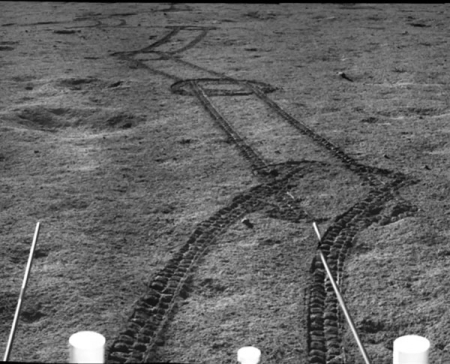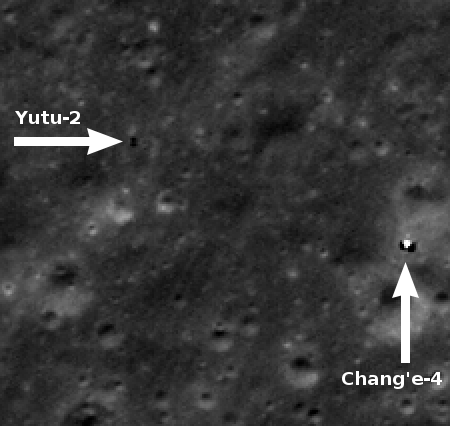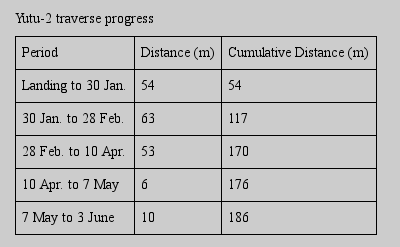A Chinese semi-private company, iSpace, successfully launched two smallsats into orbit today.
iSpace’s Hyperbola-1 rocket blasted off from the Jiuquan Satellite Launch Centre at 1 p.m. (0500 GMT) Thursday, sending two satellites and payloads into a predetermined orbit, the company said in a statement on its official Wechat account.
The successful orbital launch was preceded by two failures since late last year by other startups.
More here.
I am very reluctant to call this company, along with the other Chinese smallsat companies OneSpace and LandSpace, a private commercial firm. While it might get investment capital within China, it is very clearly supervised closely by the government. Moreover, its use of solid rocket motors, as noted in the second link, strongly suggests it is taking advantage of Chinese military technology, something that could only happen under government control. From the second link:
It’s unclear how much it cost for iSpace to build the rocket. Chinese state-owned automaker Changan’s passenger car brand Oushang said it would sponsor the launch, but didn’t specify the amount. In OneSpace’s case, the firm’s nine-meter-tall, solid-propellent rocket cost the company $78 million to design, build, and launch. iSpace’s main private backers (link in Chinese) include domestic private-equity firms CDH Investments and Matrix Partners.
iSpace didn’t immediately respond to requests for comment.
But private space companies are also getting state support in China. All of the private launches so far, for example, have taken place at Jiuquan—Elon Musk’s SpaceX recently launched a rocket at NASA’s Kennedy Space Center, while its main customer is the US Air Force. What’s different in China is the constraints that come with having state backing. In June, China rolled out a set of rules that restrict what private companies can develop and manufacture. It’s unclear if that may restrict private companies’ capabilities in building larger rockets that could rival state rocket builders. [emphasis mine]
The money for this comes from state-owned companies. The technology comes from military hardware. The goals are almost all military in nature. I would also bet, because of the lack of information released, that the satellites launched today were military payloads. This is hardly an independent private company competing on the open market.
Nonetheless, this success gives China a new capability and raises its status as a world space power.
The leaders in the 2019 launch race:
10 China
9 Russia
8 SpaceX
5 Europe (Arianespace)
4 India
The U.S. still leads China 14 to 10 in the national rankings.



